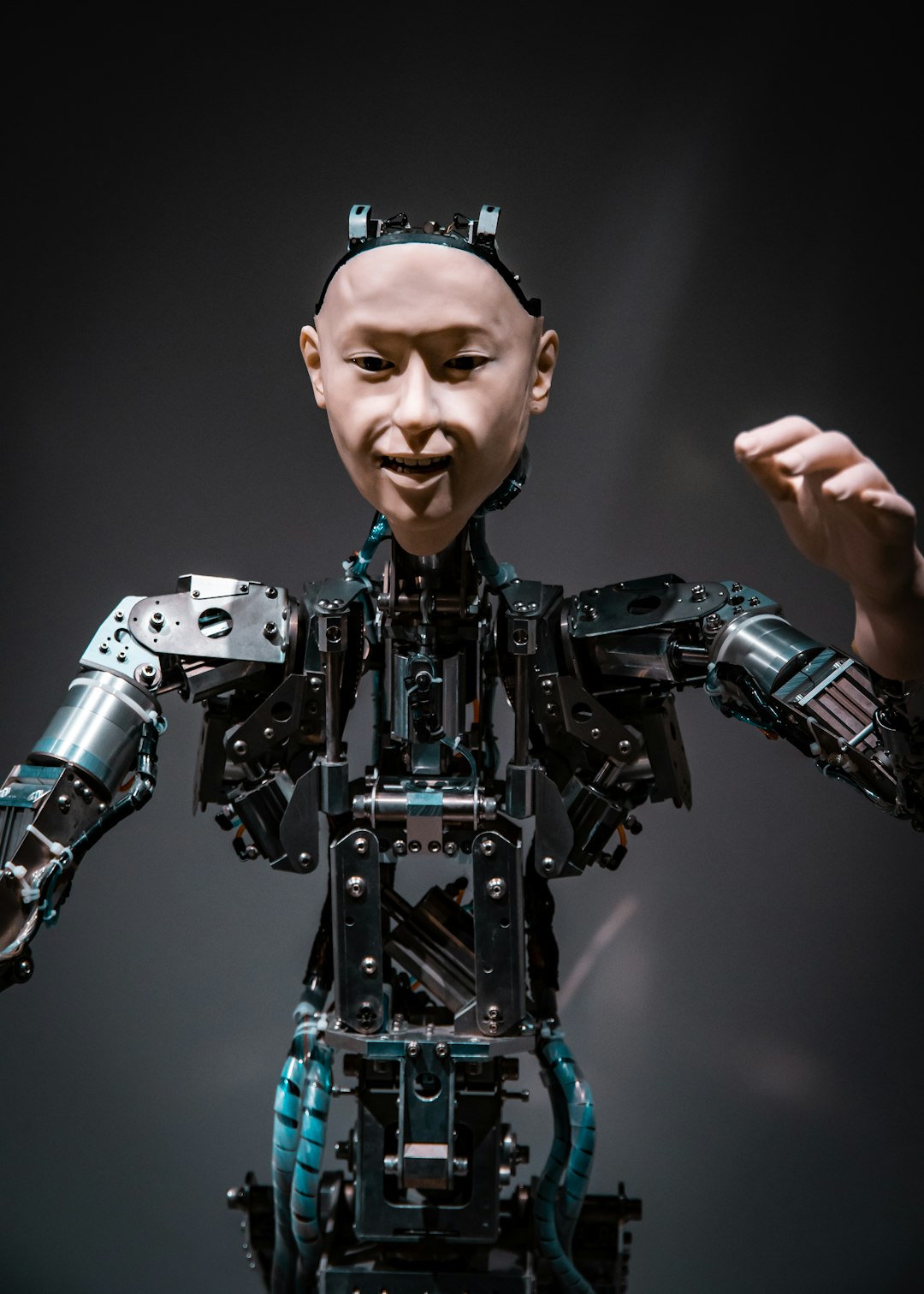What is the Future of Chatbots?
Chatbots have become increasingly popular in recent years, with businesses using them to improve customer service, automate tasks, and enhance user experience. But what does the future hold for chatbots? Will they continue to evolve and become even more advanced? In this article, we’ll explore the future of chatbots and the potential impact they could have on businesses and consumers.
The Rise of Voice Bots
One of the most significant developments in the chatbot industry is the rise of voice bots. With the increasing popularity of virtual assistants like Amazon’s Alexa and Google Home, voice bots are becoming more prevalent in our daily lives.
Voice bots use natural language processing (NLP) and machine learning to understand and respond to human speech. This technology is constantly improving.
In the future, we can expect to see voice bots being used for a variety of tasks, such as making reservations, ordering food, and even conducting business transactions. This will not only make our lives more convenient, but it will also free up time for businesses to focus on more complex tasks.
The Impact on Customer Service
One area where chatbots have already made a significant impact is in customer service. With the ability to handle multiple conversations simultaneously and provide quick and accurate responses, chatbots have become a valuable tool for businesses looking to improve their customer service.
In the future, we can expect to see chatbots becoming even more advanced, with the ability to handle more complex inquiries and provide more personalized responses. This will not only improve the customer experience but also reduce the workload for customer service teams.
Conversational AI
Another area where chatbots are expected to evolve is in the realm of conversational AI. Conversational AI refers to the ability of chatbots to engage in human-like conversations, using natural language processing and machine learning.
As this technology continues to improve, chatbots will become more human-like in their interactions, making them even more useful for businesses. They will be able to understand context, emotions, and even sarcasm, allowing for more natural and engaging conversations.
The Impact on User Experience
With the rise of conversational AI, we can expect to see a significant impact on user experience. Chatbots will be able to provide more personalized and engaging interactions, making them a valuable tool for businesses looking to improve user experience.
For example, a chatbot could use data from previous interactions to tailor its responses to a specific user, making the conversation more relevant and meaningful. This will not only improve user satisfaction but also increase the likelihood of conversions and sales.
The Role of Chatbots in E-commerce
E-commerce is another area where chatbots are expected to play a significant role in the future. With the rise of conversational AI and voice bots, chatbots will become even more useful for businesses looking to improve their online shopping experience.
Chatbots can assist customers with product recommendations, answer questions about products, and even help with the checkout process. This will not only improve the customer experience but also increase sales for businesses.
The Impact on Retail
The use of chatbots in e-commerce will also have a significant impact on the retail industry. With the ability to provide personalized recommendations and assist with the shopping process, chatbots will become an essential tool for retailers looking to stay competitive in the digital age.
In addition, chatbots can also help with inventory management, order tracking, and customer service, making them a valuable asset for retailers of all sizes.
The Future of Chatbots in Healthcare
The healthcare industry is another area where chatbots are expected to have a significant impact in the future. With the rise of telemedicine and the need for more efficient and accessible healthcare services, chatbots can play a crucial role in improving patient care.
Chatbots can assist with appointment scheduling, provide medication reminders, and even offer basic medical advice. This will not only improve the patient experience but also free up time for healthcare professionals to focus on more critical tasks.
The Impact on Healthcare Professionals
The use of chatbots in healthcare will also have a significant impact on healthcare professionals. With the ability to handle routine tasks and provide basic medical advice, chatbots can help reduce the workload for healthcare professionals, allowing them to focus on more complex cases.
In addition, chatbots can also assist with data collection and analysis, providing valuable insights for healthcare professionals to make more informed decisions.
The Role of Chatbots in Education
The education industry is another area where chatbots are expected to play a significant role in the future. With the rise of online learning and the need for more personalized education, chatbots can assist students and teachers in a variety of ways.
Chatbots can provide personalized learning experiences, assist with homework and assignments, and even offer career guidance. This will not only improve the learning experience for students but also free up time for teachers to focus on more critical tasks.
The Impact on Teachers
The use of chatbots in education will also have a significant impact on teachers. With the ability to handle routine tasks and provide personalized learning experiences, chatbots can help reduce the workload for teachers, allowing them to focus on more critical aspects of teaching.
In addition, chatbots can also assist with data collection and analysis, providing valuable insights for teachers to make more informed decisions about their students’ progress.






